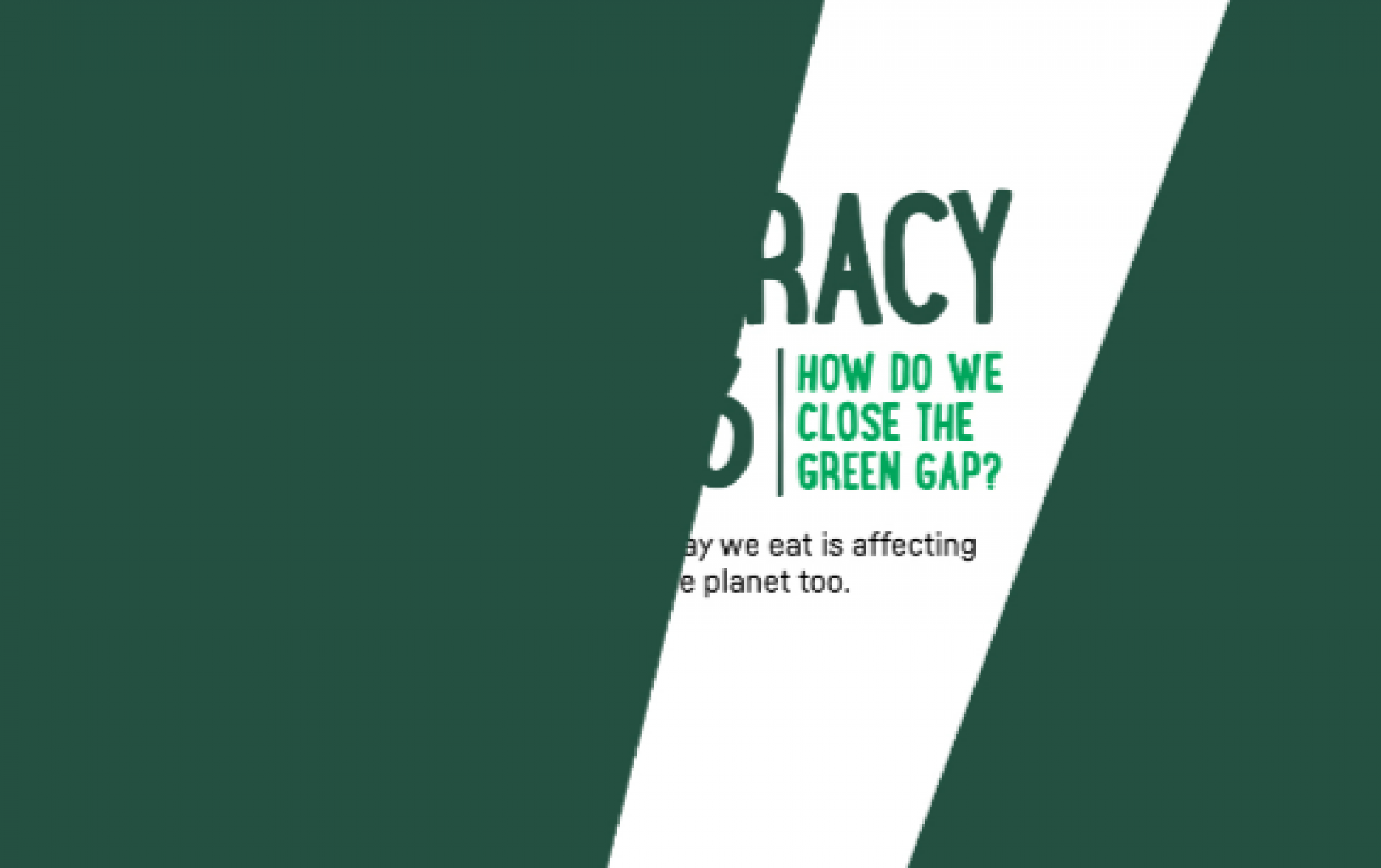
Report shows over half of Brits want better guidance on buying sustainable food
The latest Vegocracy report is an international survey examining the eating habits of seven countries (Belgium, Finland, France, Germany, Sweden, UK & US). The report investigates why we’re not eating greener, both for our health and the health of the planet too.
According to the report less than half (35%) of Brits eat salad at least once a week and 35% believe it’s not a priority when selecting their meals. Over a quarter (27%) of Brits believe that red meat is the most sustainable food option.
Around 3% of respondents believe that the environment is an important factor when choosing what to eat. Around a quarter (24%) of recipients stated they thought they could have no impact on their carbon footprint.
The Vegocracy report aims to raise awareness of the ‘green gap’ and highlight that more needs to be done globally to address it. The ‘green gap’ can be defined as the gap between consumer’s green intentions and actions.
In the past year, the United Nations’ Paris Agreement has called on the global community to reduce carbon emissions worldwide and there’s more to be done to support the food system shift. Yet, in the UK only 32% of respondents had heard of the Paris Agreement.
Picadeli has launched Climate Foodprint a carbon labelling system for its healthy and planet-friendly takeaway food options, that’s designed to help consumers make informed decisions about the climate impact of their meals.
David von Laskowsk, chief executive of Picadeli, said: “We’ve always been on a mission to democratise healthy food, making it easier to eat better for the health of people and the planet. For the 2023 Vegocracy report, we wanted to ask - how much do we really know about eating green?
“Why are we not eating more sustainably? And how can we help break these barriers down? It is our hope that this year’s report can serve as a real point of inspiration throughout the food industry to demonstrate exactly why we can, and should, be doing more to support the food systems shift.”
